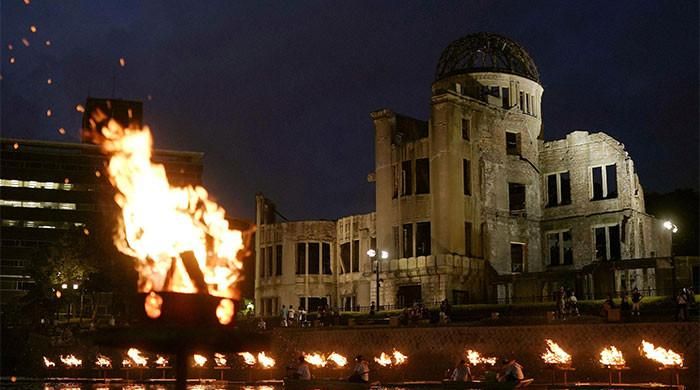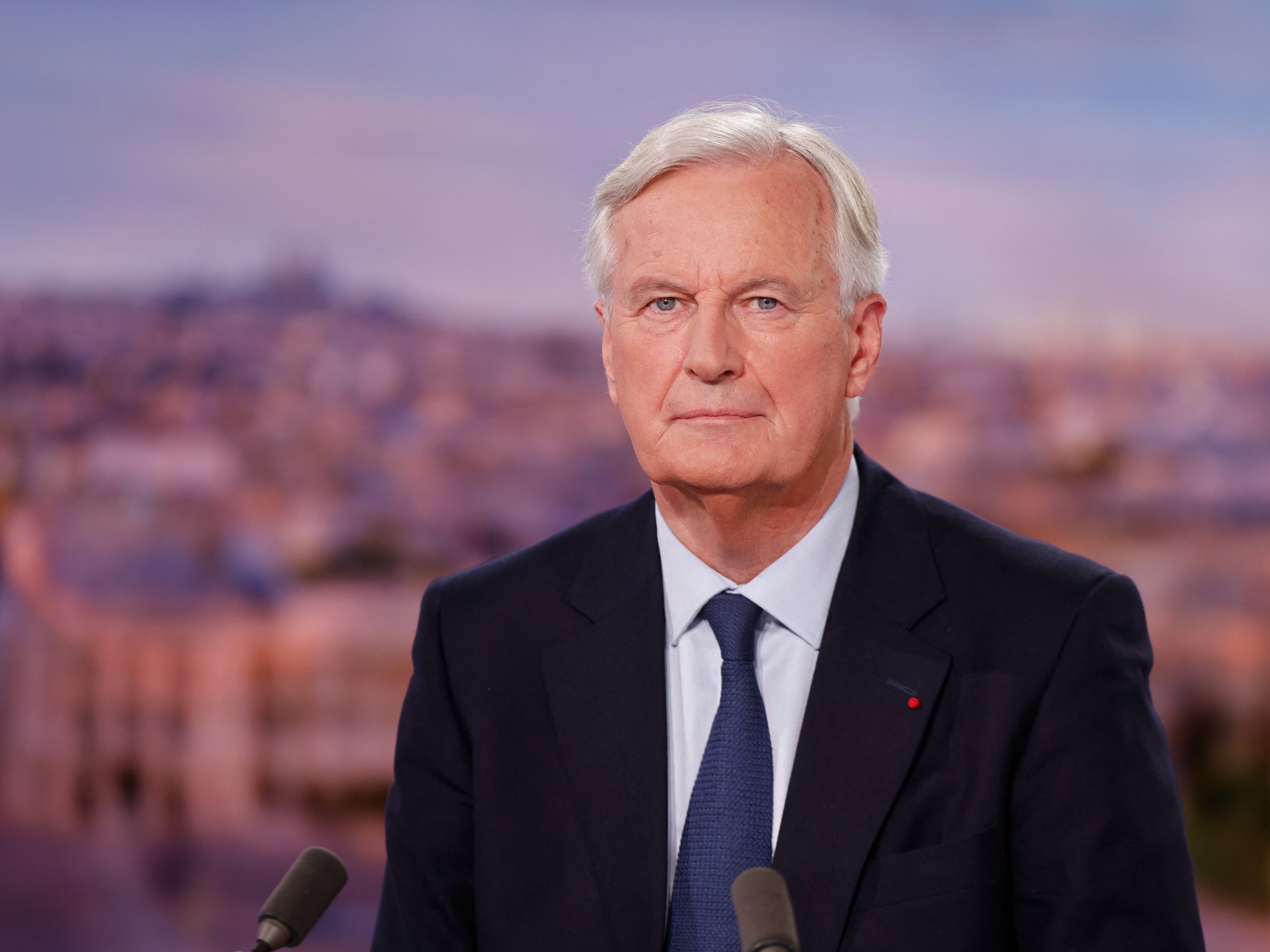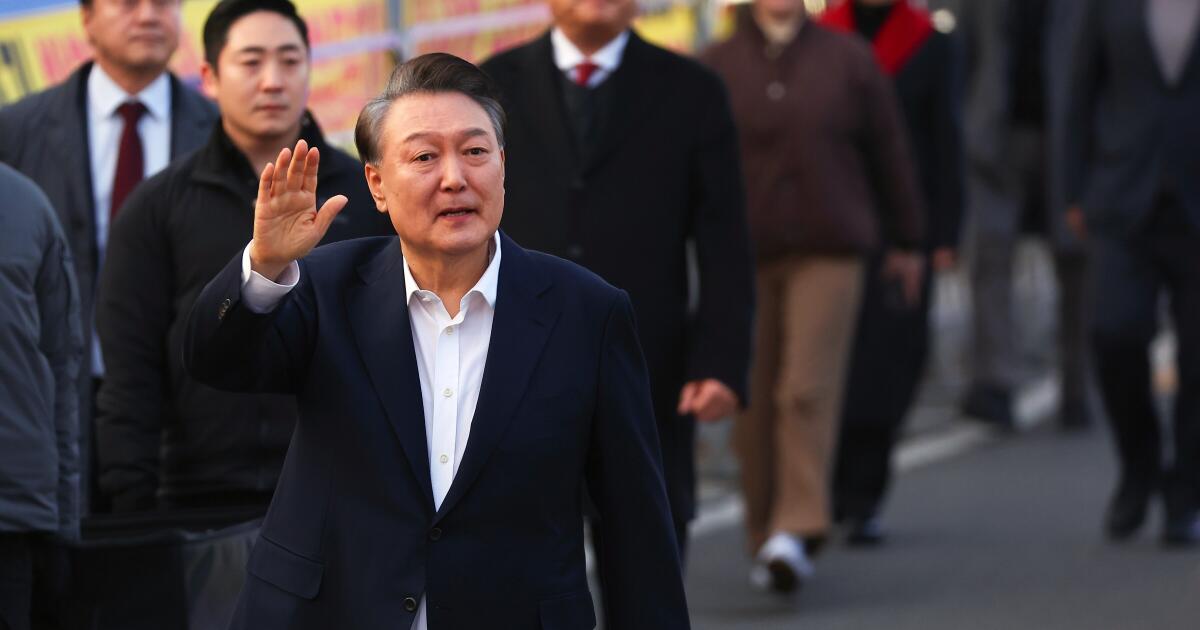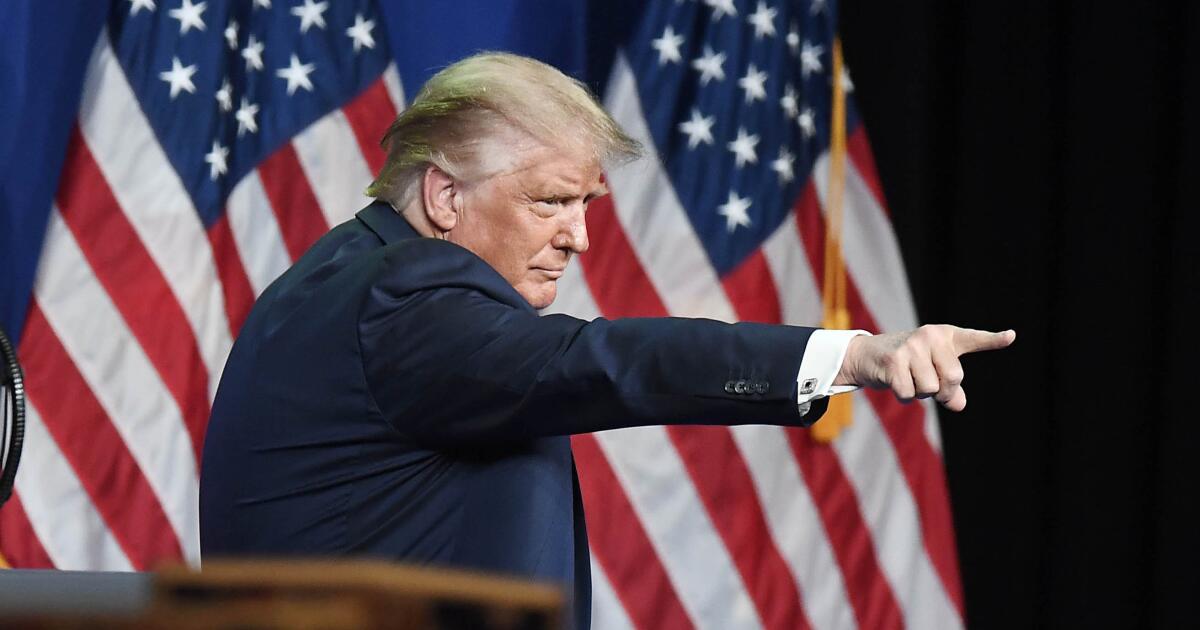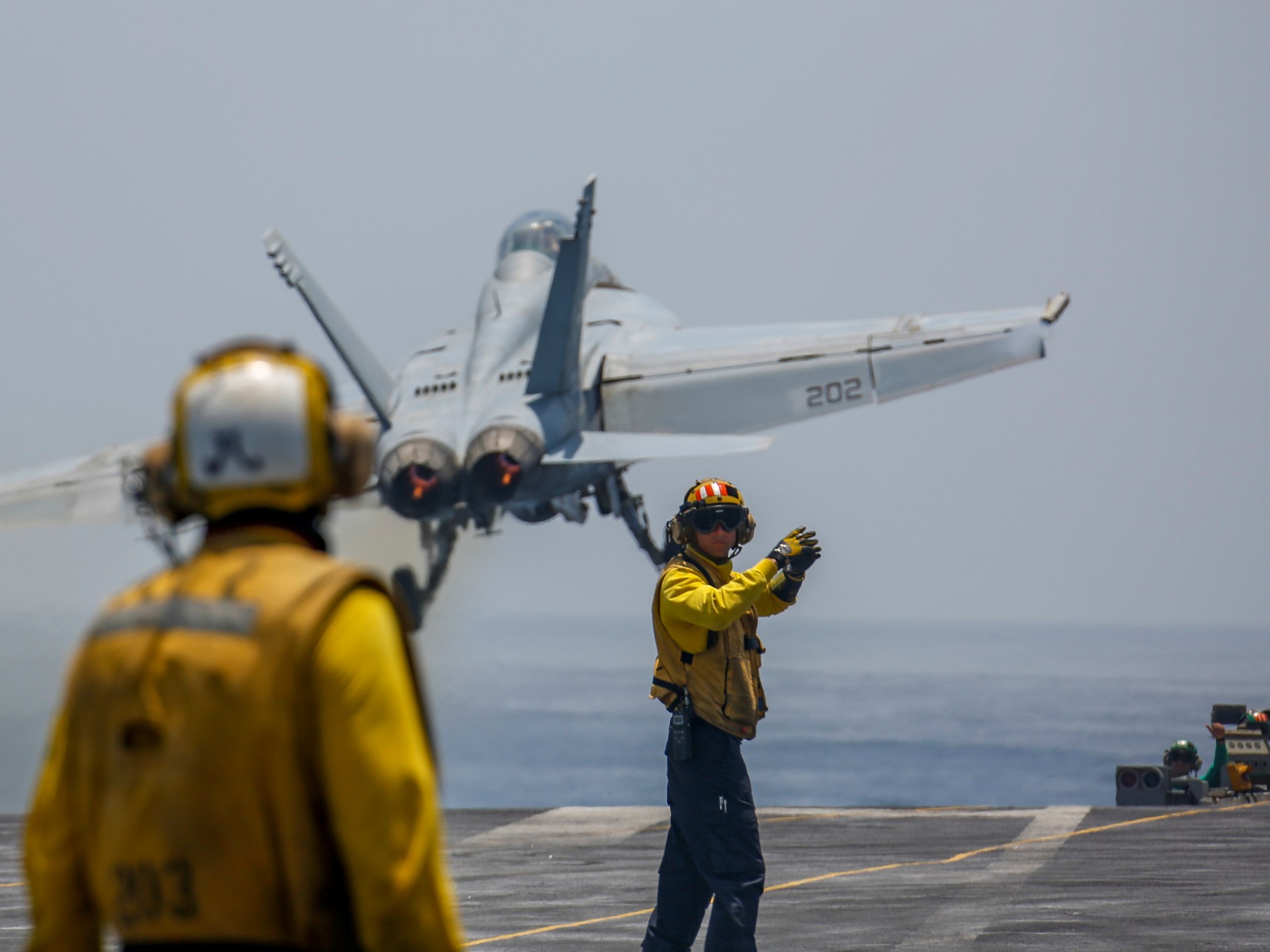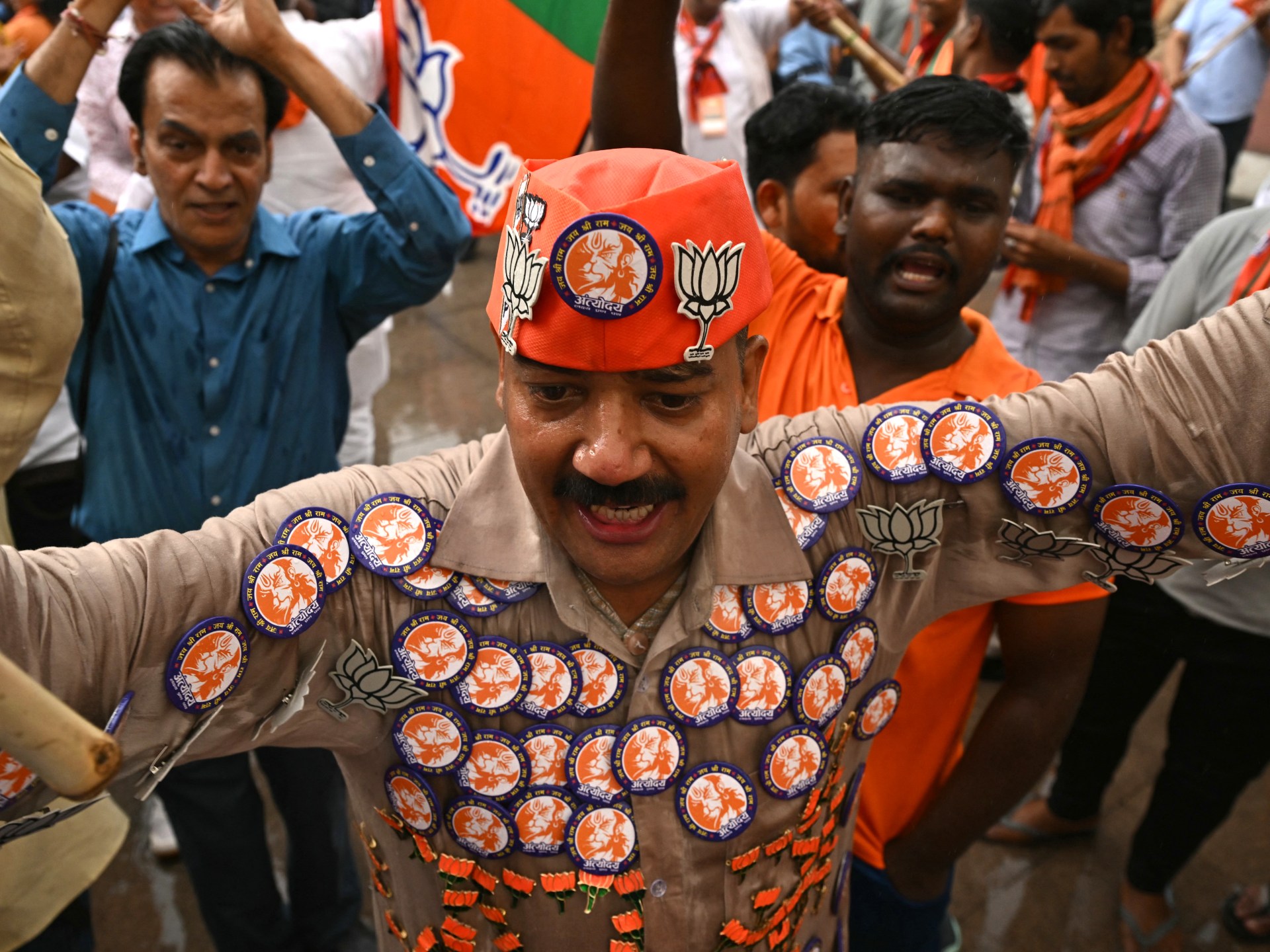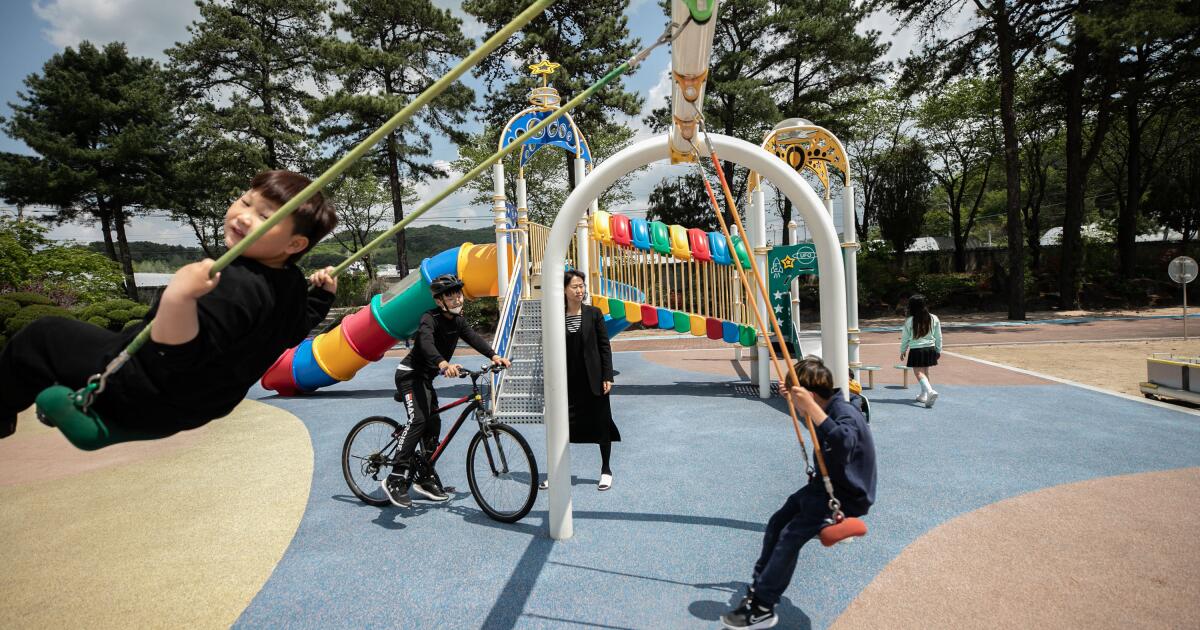On Tuesday, Japan marked 79 years since the nuclear bomb “Little Boy” was dropped on the city of Hiroshima on August 6, 1945.
Three days later, an atomic bomb called “Fat Man” was dropped on Nagasaki, another city in Japan, killing an estimated 110,000 to 210,000 Japanese civilians, according to the Bulletin of the Atomic Sciences.
To remember and mourn those who perished on August 6 at the hands of the US nuclear bombing, Hiroshima City Mayor Kazumi Matsui delivered a solemn speech at an event
The city's mayor said conflicts around the world were reinforcing the public belief that military force and nuclear deterrence were necessary to resolve global crises, and Matsui rejected such ideas on Atomic Bomb Day, when the city he presides over was destroyed.
“The prolonged Russian invasion of Ukraine and the worsening situation” between Israel and Palestine are costing the lives of countless innocent people and shattering normal life. These global tragedies are deepening distrust and fear between nations, reinforcing the public perception that to solve international problems we must resort to military force, which we should reject,” he said.
“Our unity will make leaders who now rely on nuclear deterrence change their policies. We can do it,” Matsui added.
Japanese Prime Minister Fumio Kishida addressed those gathered at the event, stressing that the tragedies of Hiroshima and Nagasaki “must never be repeated.”
“As the only nation to have suffered atomic bombings in war, our country’s mission is to steadfastly continue our efforts to achieve a world without nuclear weapons,” Kishida said.
He also said that rising tensions within the international community over arms control, including nuclear threats from Russia, have created an environment of hostility and severity.
“But as difficult as the path to a world without nuclear weapons may be, we cannot afford to halt our progress,” Kishida added.
Kishida concluded that Japan will continue its realistic and practical approach to arms control initiatives, noting that the number of nuclear weapons could increase for the first time since the peak of the Cold War, and vowed to continue working to promote nuclear disarmament.

